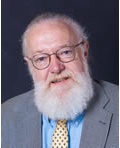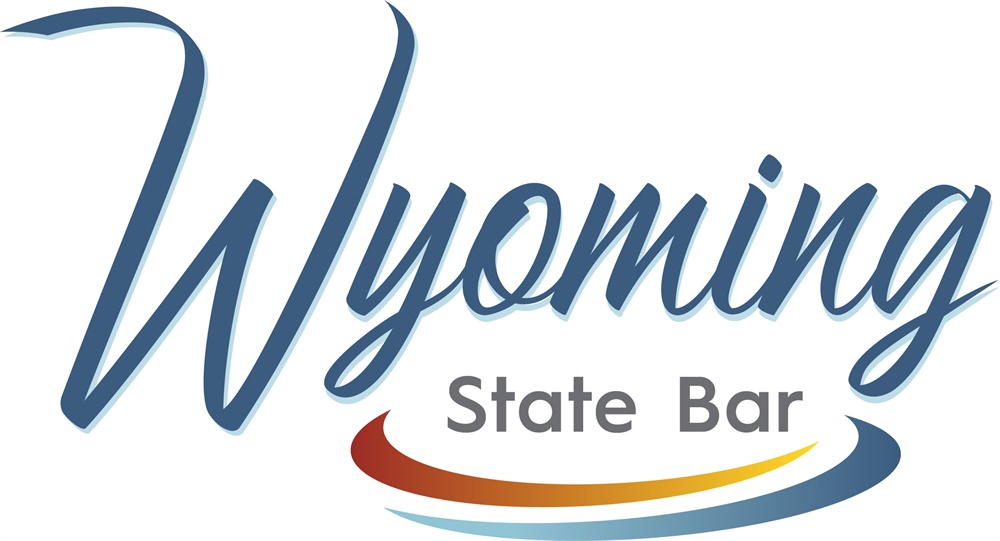Limitation of On-Demand Self-Study Courses.
Please remember that Wyoming attorneys are limited to earning 8 hours of Self-Study CLE credit in a calendar year.
If you have already reported some Self-Study hours for this year, do not register for more than would bring the total to 8 hours.
E-Discovery for Small Cases
Total Credits: 1 including 1 Ethics
- Average Rating:
- 17
- Credit Type:
- General | Legal Ethics | Technology Proficiency | Trial Practice
- Faculty:
- Tom O'Connor, Esq.
- Course Levels:
- Intermediate
- Duration:
- 1 Hour 04 Minutes
- License:
- Access for 60 day(s) after purchase.
Description
Most attorneys in private practice are employed by law firms with fewer than 20 lawyers and, in fact, half of all U.S lawyers in private practice are solos. When e-discovery came on the scene, these attorneys viewed it as the exclusive domain of large firms with large cases in Federal court. But with the increase in digital activity by people in all areas of their lives, e-discovery has become an issue in smaller cases, from domestic disputes, and employment cases, to even criminal matters – cases typically handled by small firms and solo practitioners. So, now firms of all sizes must know how to handle electronic discovery efficiently and cost-effectively.
Additionally, the initial Federal Rules of Civil Procedure governing ESI (Electronically Stored Information) have now been emulated in over 2/3 of the states. Even the agreed-upon e-Discovery exchange protocol between the offices of the U.S. Attorney and the Federal Defenders for criminal cases has found its way into state matters. Coast-to-coast, from California to Florida and from states as populous as New Jersey to mostly rural states such as Louisiana and Alabama, e-Discovery is now a local issue and is a factor in cases of all sizes, and can no longer be dismissed by attorneys in small firms or solo practitioners.
During this webinar, e-discovery expert Tom O’Connor, will review available solutions and tools that will help you collect, store, and find the evidence you need for cases, efficiently and cost-effectively.
Handouts
| E-Discovery for Small Cases (855.1 KB) | 9 Pages | Available after Purchase |
Faculty

Tom O'Connor, Esq. Related Seminars and Products
Gulf Coast Legal Technology Center
Tom O’Connor is a nationally known consultant, speaker, and writer in the field of
legal technology. A New England native who graduated from The Johns Hopkins
University in 1972 with a BA in Political Science, he later earned a J.D. at an evening
law school program while working as a consultant during the day.
That consulting experience is diverse and includes tobacco litigation, the BP oil spill
litigation and several opioid MDL matters as well as pro bono work with the Office of
the Federal Public Defender.
A frequent lecturer about legal technology, Tom also teaches CLE courses nationwide
and is a prolific writer. He has several blogs which cover current legal technology
topics and has written hundreds of articles including the 2006 award-winning article,
“In Katrina’s Wake”, about recovery efforts in the legal community of post-Katrina
New Orleans in which he participated.
Tom has authored four books on legal technology, including the best-selling
EDiscovery for the Rest of Us and most recently, AI For the Rest of Us, both of which
are self-published. In addition, he hosts the Ediscovery Channel on YouTube where he
interviews well-known figures in the legal technology space.
Tom currently resides down the Mississippi down in New Orleans with his son Seamus,
a Hosted Services Specialist with Platinum Intelligent Data Solutions. They both still
mourn the death of legal marketing maven Gayle O’Connor, a wonderful wife and
partner to Tom as well as a loving mother to Seamus.
Reviews
| 5 |
|
| 4 |
|
| 3 |
|
| 2 |
|
| 1 |
|






